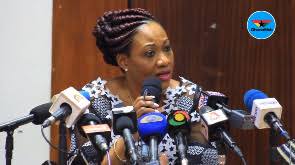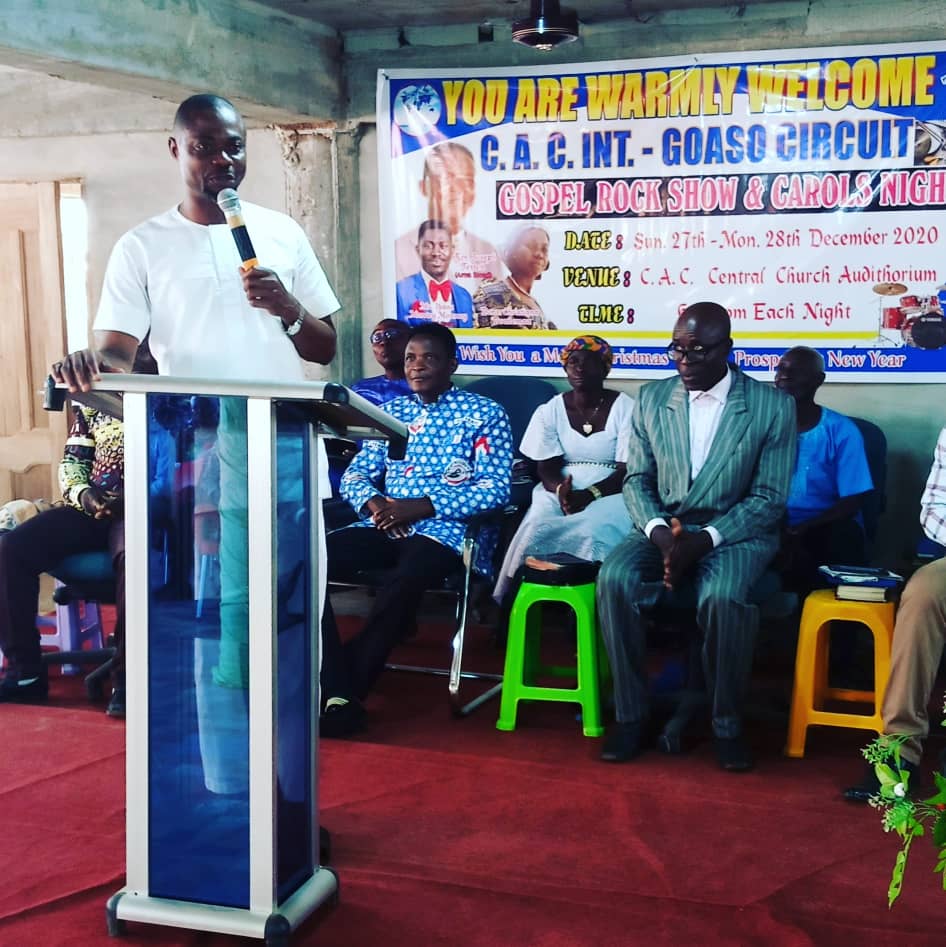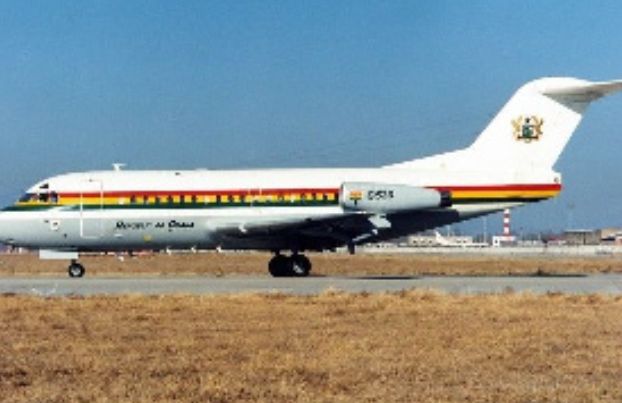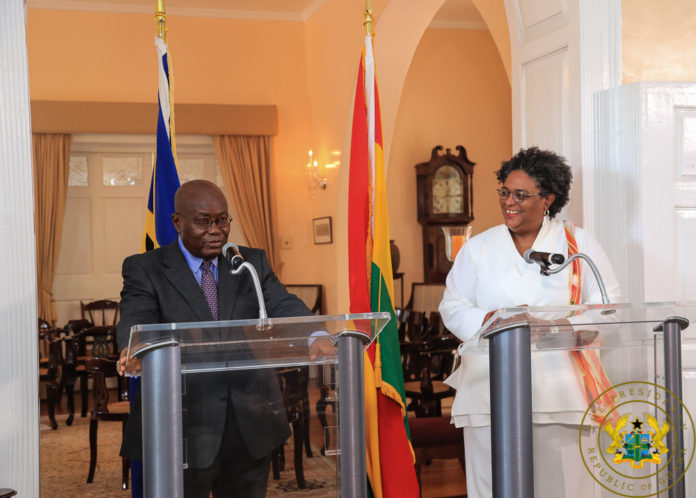PADLOG petitions EC on impending limited voters’ registration exercise

Platform for Action on Democracy and Local Governance (PADLOG) has petitioned the Electoral Commission (EC) to rethink its proposal to centre the forthcoming limited voters’ registration exercise in the respective Metropolitan, Municipal and District (MMD) capital towns.
A Ghanaian local governance advocacy Non-Governmental Organisation (NGO) which is also promoting transparency of political and electoral processes said “having analysed the merits and demerits of the proposal carefully, it is our conviction that the exercise should rather be conducted in each electoral area”.
In a six-point petition signed and issued by Alhaji Mohammed Kwaku Doku, the Chief Executive Officer of the organisation and copied to the Ghana News Agency in Sunyani, the NGO drew the EC’s attention to “the lessons of the limited voters’ registration exercise preceding the 2019 referendum to create new regions” and also “effects of disenfranchisement on the local level governance”.
According to the petition, the proposal, if implemented could again result to politically negative impact of “compromising the potential voters”.
It further debunked the Commission’s argument of “faulty biometric voters’ machines” as unsound because those machines could be repaired.
The petition argued that in exercising its constitutional obligations, “it seems ridiculous for the EC to go outside the frontiers of Ghana in search of potential qualified Ghanaians to register for elections while disenfranchising some potential Ghanaians living in the country, just because of a minor issue of the siting of a venue for a similar exercise”.
It contended that the 1992 constitution guaranteed the unrestricted independence of the EC in its operations, noting that the same constitution also guaranteed the rights of every eligible Ghanaian to be registered and allowed to participate in the nation’s electoral processes.
The petition explained that out of the expected 100,000 eligible registrants in the limited voters’ registration exercise for the 2019 referendum, only 48 per cent could be captured on the electoral roll.
It noted “obviously, the low number can be easily traced to facts that include; the fact that many people were not eager to travel long distances to the MMD capital towns for the exercise”.
The petition continued that poverty could also be a factor as people who were eager could not afford the cost of travelling to the centres.”The exercise therefore resulted to the discrimination against or disenfranchisement of some more than 50 per cent of the potential registrants”, it pointed out.
The petition added the voters’ register would suffer credibility problems because the inputs of the potential voters who would suffer the disenfranchisement or discrimination would be denied.
It recalled in the last limited voters’ registration exercise, the MMD Chief Executives were directed to offer vehicles to convey the potential registrants from their various towns and villages to the capital towns, noting “it is envisaged that the same exercise will be conducted in the forthcoming limited registration exercise and there are many potential probabilities and possibilities arising out of that”.
The petition cited some potential ramifications including; the abuse of incumbency, selectiveness, partisan discrimination, the promotion of the agenda of the incumbent Chief Executive and the ruling Party to the detriment of the opposition political Parties and their candidates.
It stated that if the Chief Executives delegated the responsibility of the transportation of the potential registrants from locations to the capital towns to individuals willing to contest for the membership of the Assembly, they would enjoy an unlimited advantage.
Source:Thepressradio.com/Louis Gyamerah





